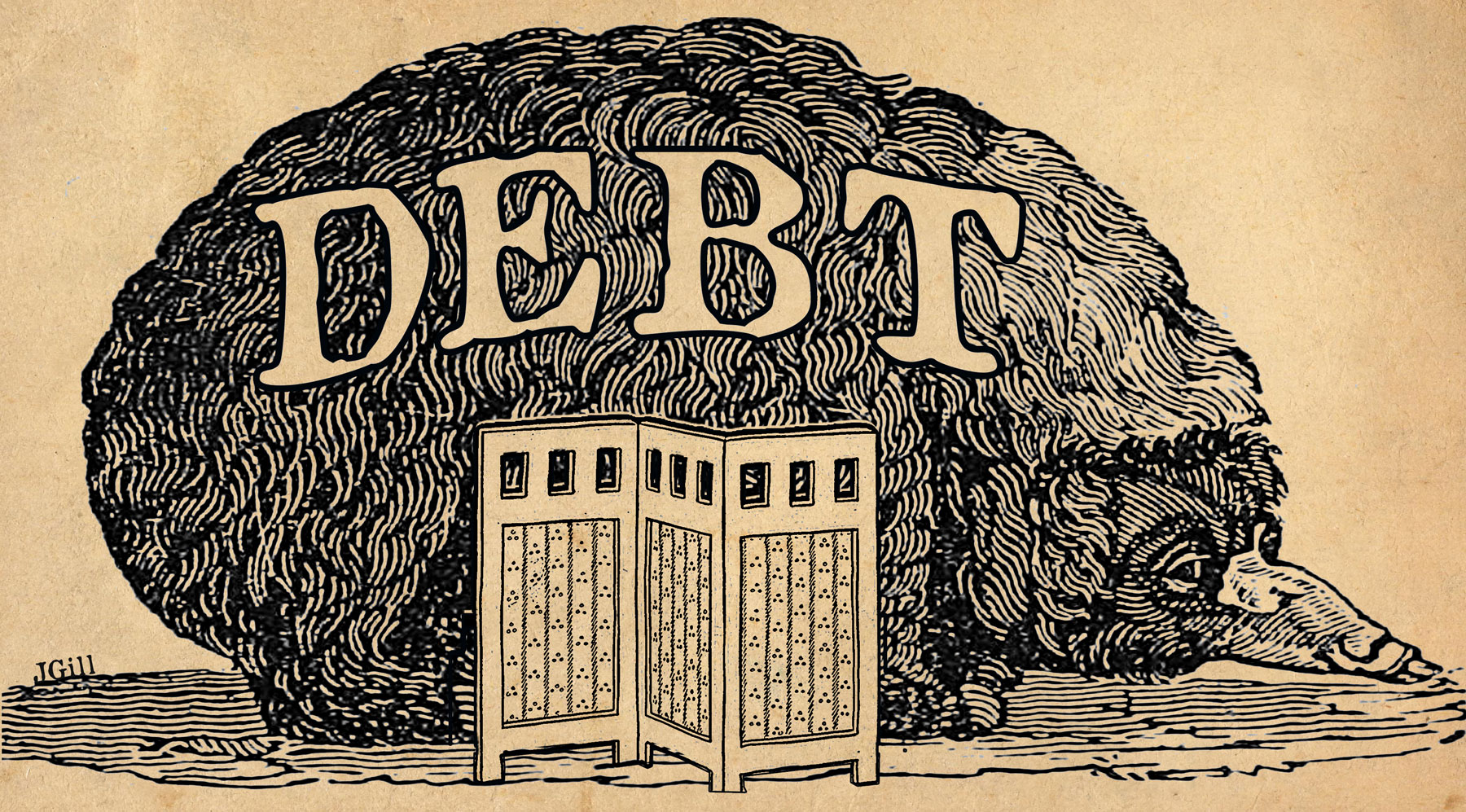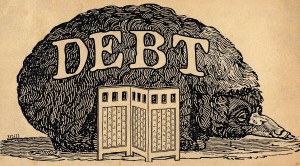Sheila Weinberg wants to raise your taxes. So fervent is her money-lust that she even threatens to run for president, and only half-jokingly, on that single issue.
More surprising: I would enthusiastically vote for her.
What gives?
Well, Weinberg isn’t demanding a tax increase or a spending cut, per se — just one and/or the other until accounts are balanced. She points out that tax increases tend to concentrate the minds of taxpayers to oppose greater spending by government. Otherwise, as long as governments — local, state and federal — can hide the true costs of their “services,” more will be spent, and more debt incurred, than the people can afford, or want.
That’s why this friendly CPA founded Truth in Accounting, a nonpartisan, non-profit group working to “compel governments to produce financial reports that are understandable, reliable, transparent and correct.”
Too much to ask? No, if you ask me, or you, or Sheila, or anyone else . . . until we inquire of politicians, and then, well . . . apparently, yes. And not merely at the federal level.
“For years, citizens have been told that their home state budgets have been balanced,” Weinberg recently told Watchdog.org. “If that were true, state debt would be zero . . .”
Yet, last month, Truth in Accounting issued its 2014 Financial State of the States report disclosing that state governments are truthfully — whether they admit it or not — a cumulative $1.3 trillion dollars in arrears. Individually, all but 11 states are carrying debt.
Lies won’t set us free. Or pay the bills.
This is Common Sense. I’m Paul Jacob.


